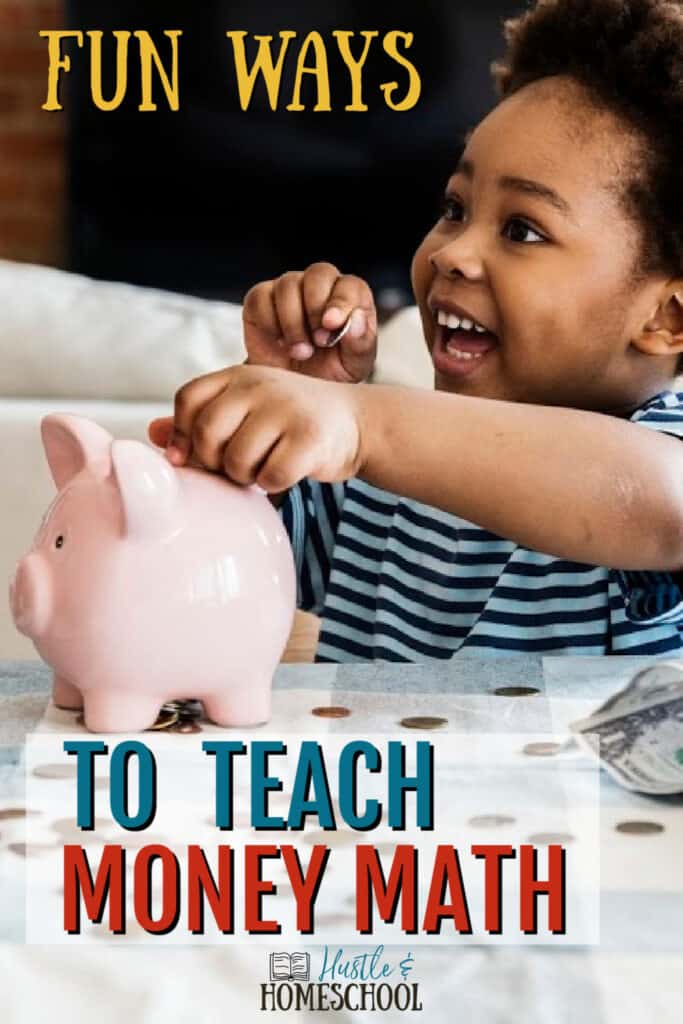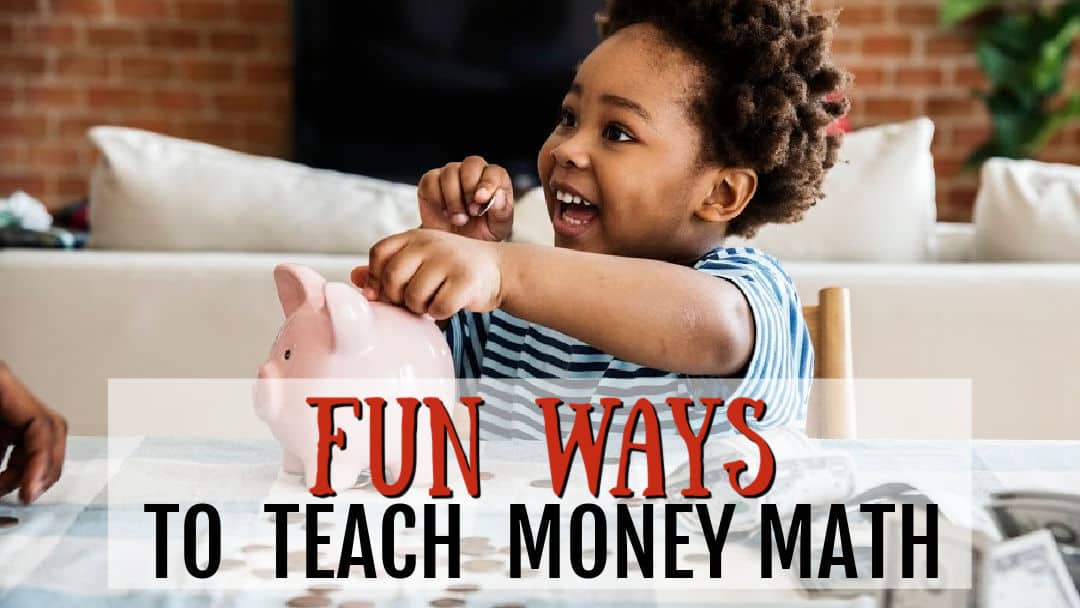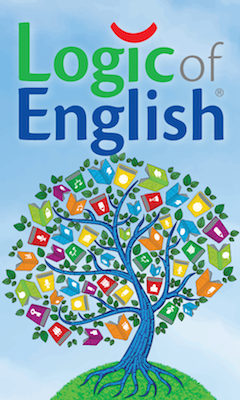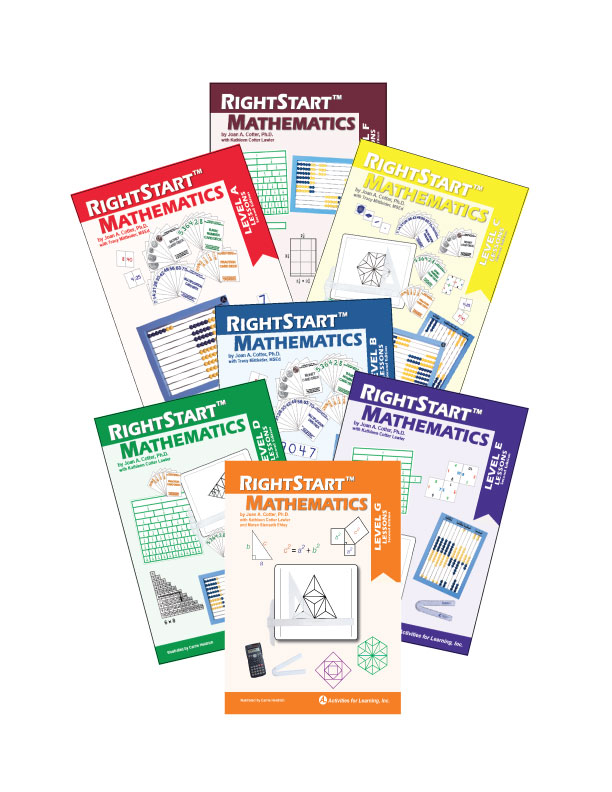Fun Activities to Teach Money Math
Money math can be a bit intimidating for kids. Between memorizing what each coin and bill is equivalent to and trying to figure out how to process it, money math takes time and repetition to master. This repetition is best done for kids in a fun way that gets and keeps their attention, plus kids learn best through play. Use fun ways to teach money math to your kids, and you might even find that they look forward to it!
You may wonder if it’s even necessary to teach kids using dollar bills and coins. It helps kids to conceptualize money amounts by using these physical items. Plus, our society does still use cash, so they need to know how to handle it.
This post contains affiliate links. If you make a purchase after clicking a link, I will earn a commission. Disclosure policy
Play Restaurant or Store
Kids love to set up pretend play scenarios, and a restaurant or store works perfectly for practicing money math. Get your kids some play money to enjoy using while working with customers. You can even get a cash register and money like this one to enhance the experience.
Young kids can easily learn what each dollar and coin is and how to calculate change by pretending to make money transactions while playing. Choose more realistic money like this set from Learning Resources for a more realistic math experience to help your kids learn to recognize and work with actual money.
Go on a Special Shopping Trip
Kids love to go shopping, but it can be tedious to shop and teach them about money, which is why it’s best to plan a special trip and give yourself extra time.
Give your child a budget and have them pick out an item they want. Then have your child do the math to see if they can afford it, and figure out how much change they will get back. Your child can pay for the item with actual money at the register. Most cashiers are more than happy to be patient with kids while they go through this process and learn this basic everyday skill.
Ice Cream Truck
In the summer, the ice cream truck is the perfect place to work on money math. Most ice cream trucks have simple pricing to the dollar or a quarter value. This makes mental math easy for the bus driver that is digging out ice cream and handling money transactions for multiple people at a time. This trick to make their job easier also helps to make math easier for kids that are learning how to do money transactions. This lesson comes with a treat at the end, making it even more fun for kids.
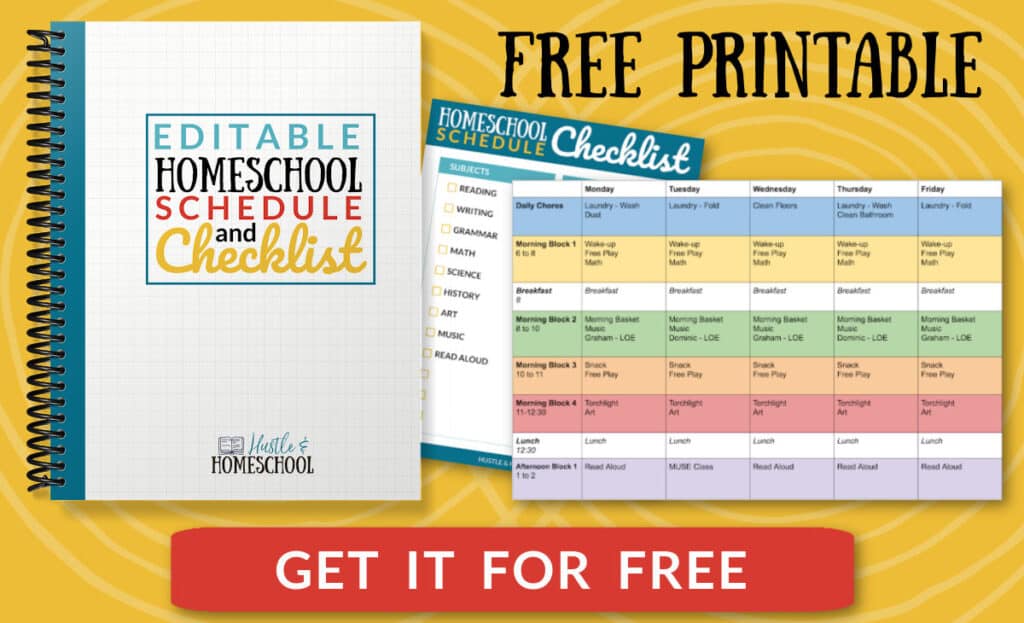
Reward Chores with Money
Convincing kids to do chores can be a bit of a challenge. One great way to motivate kids to do them without a fight is to offer money in return. Set out a list of chores worth varying amounts of money. This will allow your child to do chores and get the reward, but it also forces them to do the math on how much money they are getting.
This is a great way to teach your child the value of hard work. They also choose which chores are worth doing for a little extra money.
This doubles as a life lesson that helps your kids learn how to pick jobs that pay their worth, while also pointing out that different preferences exist too.
Learn Money Math with Board Games
Games can keep your child’s interest and make learning math fun. Remember, kids have short attention spans, and it is easier to work with that than fight it.
Clumsy Thief Money Game – This game is a fast-paced card game working towards adding up to $100 this is a great way to work on teaching basic money math as well and working with younger siblings on simple counting to 100. Get everyone together and have some fun with this popular money math game.
Money Bags – This game from Learning Resources works with pretend money that is more realistic than other money games. This allows your child to become more familiar with actual money while playing and learning basic money math. As your kids play this game, they will make multiple money transactions with varying amounts using bills and change for a great hands-on way to teach money math.
Monopoly – Odds are when you think of money games, this one comes to mind. This popular game has been around for generations and is a great way to work on learning larger amounts of money. Most games and real-life money math opportunities work with small sums of money, so this offers a unique experience.
Learning Resources Money Activity Set – This includes games and activities, plus realistic pretend money.
Related Posts:
Fun Ways to Teach Money Math
